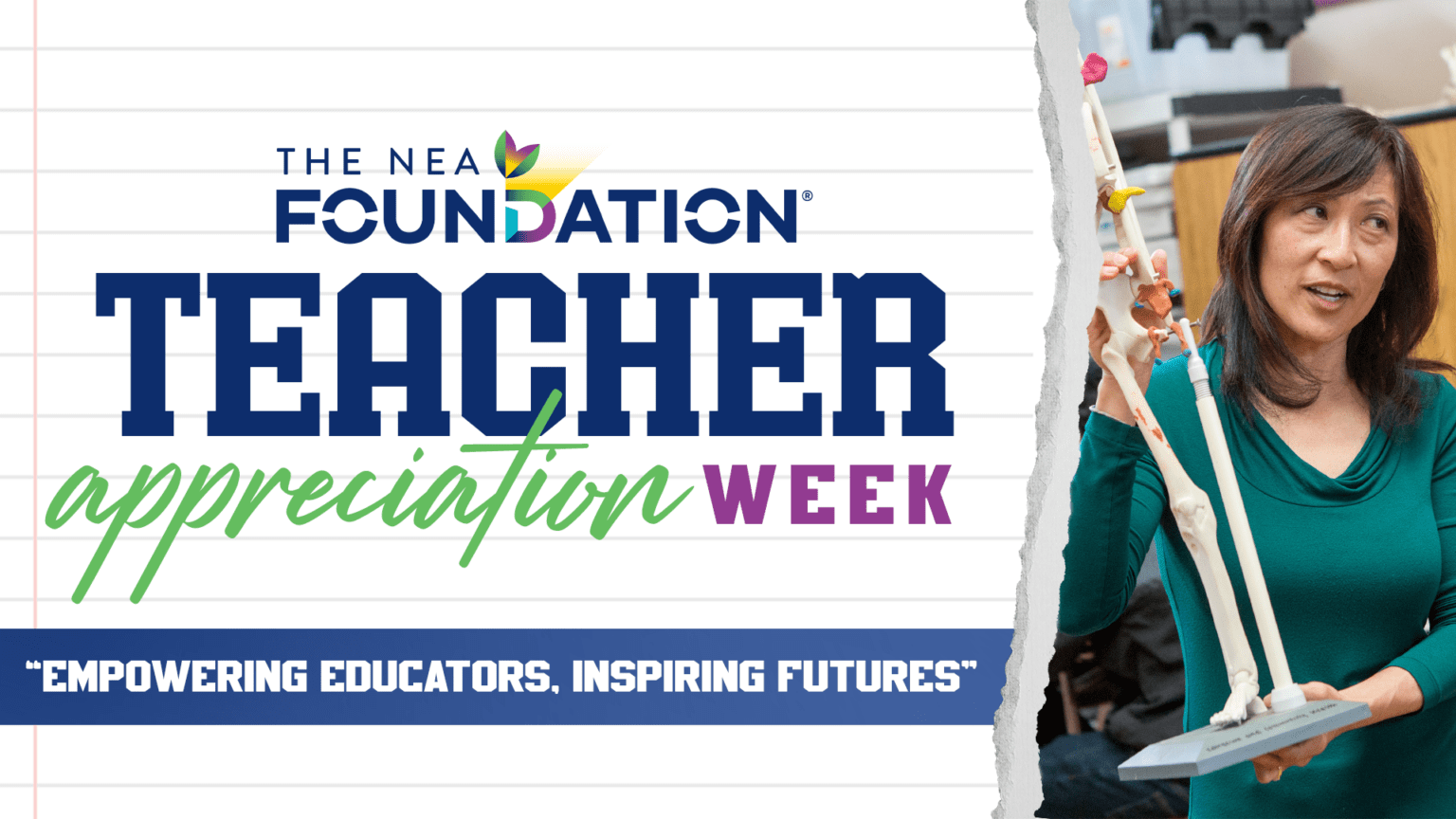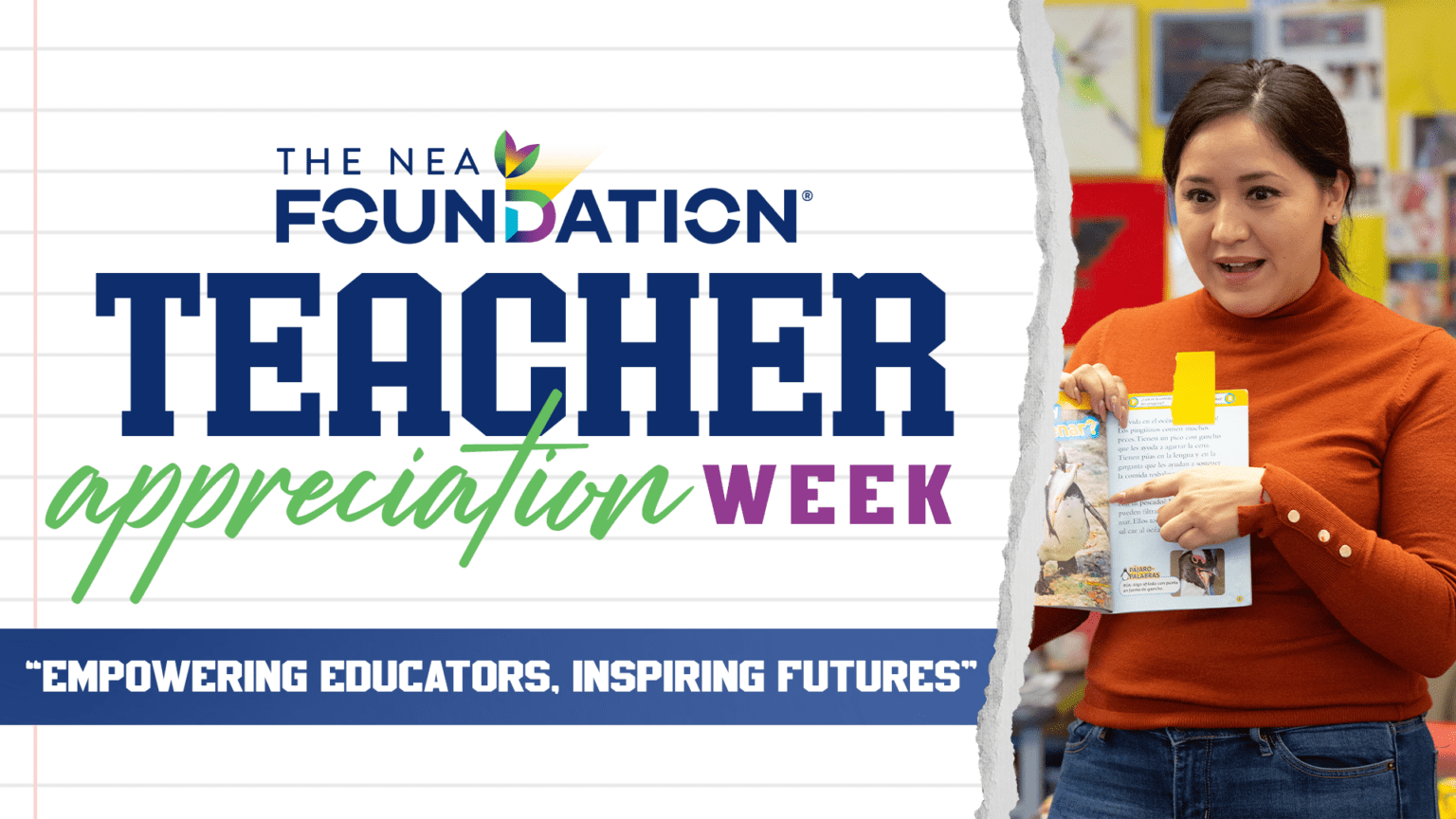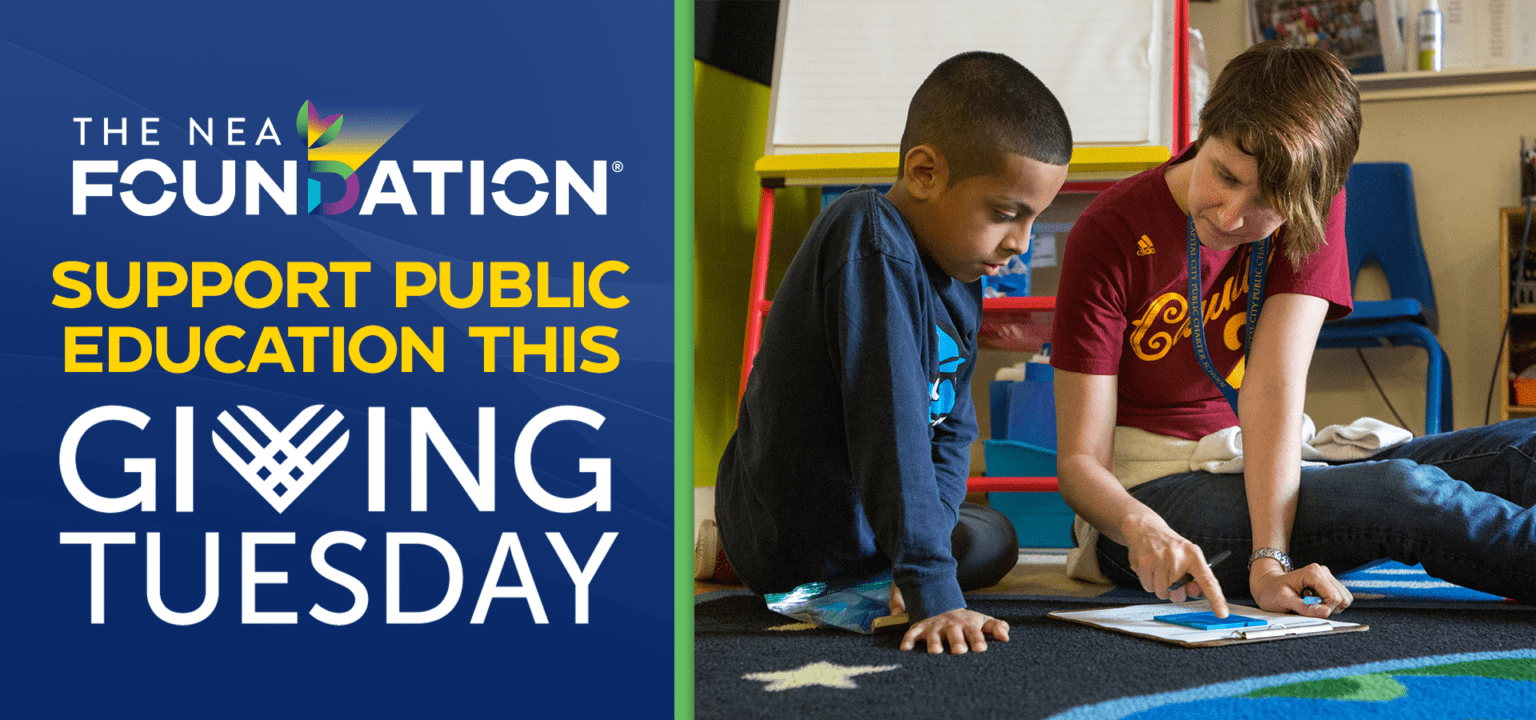This post is part of a series of guest blog entries written by teachers who received the NEA Foundation’s Awards for Teaching Excellence and participated in the China Experience. In this entry, Maryann Woods-Murphy, a high school Spanish teacher from Allendale, NJ, discusses the value of the EF professional development tour in China.
By, Maryann Woods-Murphy, Allendale, NJ
China has swept me off my feet.
Seven days ago, my plane was taking off at Newark airport in New Jersey, direction Beijing. For two weeks prior I had been learning to speak Chinese by practicing my numbers on the car ride to and from work. The number three is “sun” and you kind of have to sing it. I had studied some history, art and culture in our online class. I was as ready as you could ever be – or so I thought.
The plane touched down in Beijing and the group from our flight gathered with Simon and Alex, our guide and tour director. I looked at the ATE teachers and could see that our faces were expectant and open as we checked out our fellow travelers and the majestic modern airport.
I ran over to what I thought was an ATM and found out that it was a drinking water dispenser! When I finally found the ATM, I saw the screen filled with Chinese characters and a few key English words. I realized that I had indeed left New Jersey! Thankfully, I got my Yuan! Success! A small child with close-cropped hair, peeking out from behind his mother’s skirt, peered up at me. What did I look like to him?
The next morning, we loaded on the bus to visit a vocational school. Freed of our bags and with a good night’s rest behind us, the energy in the air was palpable. We were going to meet Chinese teachers and students! We pulled up to the school and students were waiting to greet us. Each pair of American teachers was assigned a student guide. Ours was Jared.
We found out that Jared was studying to be a hotel manager and he was proud to show us his English text. Photographs had little bubbles with useful English expressions.
“What is your name?””How do you do?””How old are you?”
But now, Jared was facing real, native speakers right in front of him. He blushed and stumbled over his words and looked around for a dictionary or a friend for a lifeline.
“It’s ok,” we consoled him, “talk to us.”
Sara, my partner teacher from the Department of Education school system, and I looked at Jared with encouraging faces. He told us about his school, his family and his dreams for the future.
The English teacher looked tense as she got up and prompted students to share with the teachers. A couple stood up, a little confused about what she was asking them to do, frozen and tongue tied. Things got better, though, when a group of students got up and sang us a song in Chinese as we looked on adoringly. Were we really here, in China, listening to these children sing to us?
We wanted to give something back to them, so we got up and sang “America the Beautiful.” The music teachers among the group said that our “gift” needed practice. “Really?” I thought, it sounded great to me.
In the days that followed, we experienced more of China. A Buddhist temple where followers burned incense and cupped their hands around the fumes to make sure it got right up to heaven. A park with retirees dancing, playing a game that looked like giant checkers and a musician playing a curved wind instrument. All over, we were followed by vendors, who offered us fans, silk and fresh-water pearls.
Some of us learned to make deals and none of us were ever sure what the “real” price might be. It didn’t matter – we were making contact and speaking with people and touching their products and lives.
On day four, we flew to Shanghai, a city I knew nothing about. As we drove through the streets, I saw the sky filled with skyscrapers that had sleek modern lines or organic motifs, like an opening flower or swirl of water. At night, the buildings reinvented themselves with lights. Some dripped and moved, and others outlined the edges to create a seemingly planned urban composition that awed us in a way that none of us expected.
Still, we hadn’t seen the best of it. This morning, we visited the West Shanghai Experimental School, where we were greeted by cheerful students in uniform. Zhang Zi Qi was my sophomore guide. She touched my arm as we spoke while she led me through the modern complex.
We saw a room where language students role-play authentic contexts for language instruction. There was a teachers’ study room with professional development texts on the shelf. We saw a counselor’s room with a sand table and a series of dolls so students can share their stories and heal.
Zhang Zi Qi asked what the most remarkable thing is about our education in the U.S.A. I told her that in the U.S.A., we teach all students for a minimum of 16 years and that we try to adapt our instruction to all different kinds of abilities. I also said that we are well known for our creativity and ability to connect students with each other.
That seemed to satisfy her. Next, Zhang Zi Qi told me that she was the youngest daughter in her big family and that everyone loved her so much. I pulled out my cell phone and shared photos of my home, the Christmas holidays and my children and granddaughter.
“Big family,” she said, “lots of children!”
I thought about the one child policy and how life must be with so many parents and so few children. Sounds like in Zhang Zi Qi’s case, it means that she gets a lot of attention.
I walked around the school, learning from the school’s teacher leader about how the Chinese are seeking to reinvent and reform education by teaching the whole child, reducing the level of the content that students have been responsible for and by increasing creativity and student engagement.
Zhang Zi Qi shadowed me as I walked and talked. When it was time to leave, she planted a giant kiss on my cheek and threw her arms around me. I hugged back, really tight.
When I left Newark airport, I didn’t expect to fall in love with this country, these people, this culture. I grew up at a time when China seemed a distant, frightening and confusing country. I knew nothing significant about it, other than the information gleaned from chapters in books or news reports. I didn’t realize that the people here were so warm, hopeful and excited about building a new tomorrow.
After this trip, I feel that the romance that began in Beijing on day one will never end. I will forever see the Chinese as partners in learning, and I look forward to learning from this ancient and modern culture. I hope that I, too, will have the chance to share the unique way that American teachers adapt learning to the learner.
I don’t know how or when this will continue to happen, but I am transformed and energized by this experience in a way that I never would have been had I not been given this gift. China is now a part of my life and I will never be the same again.












